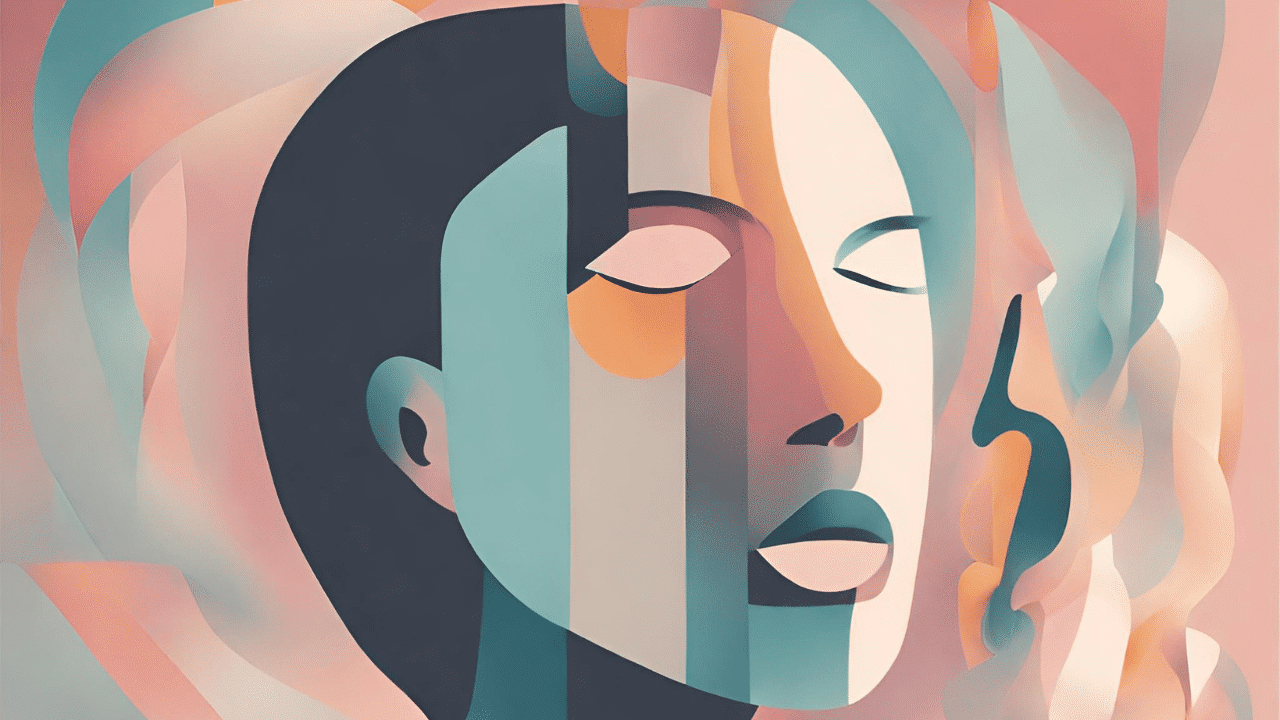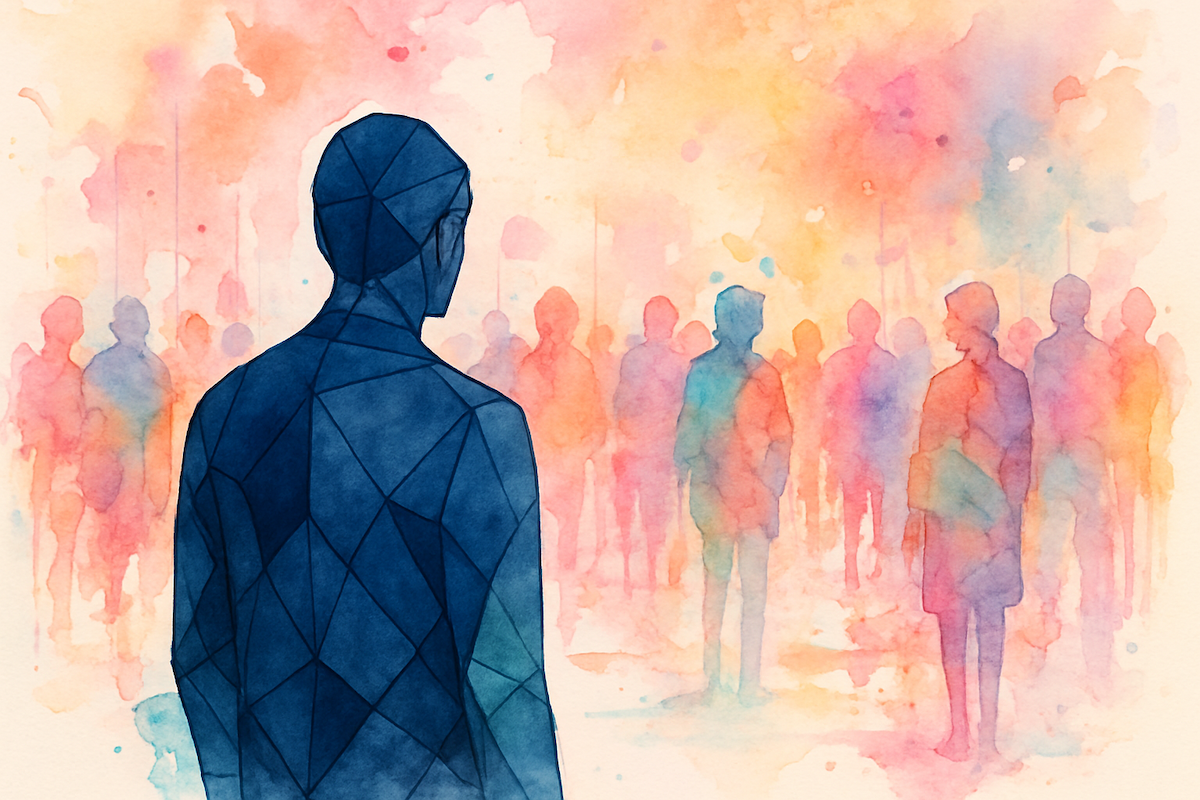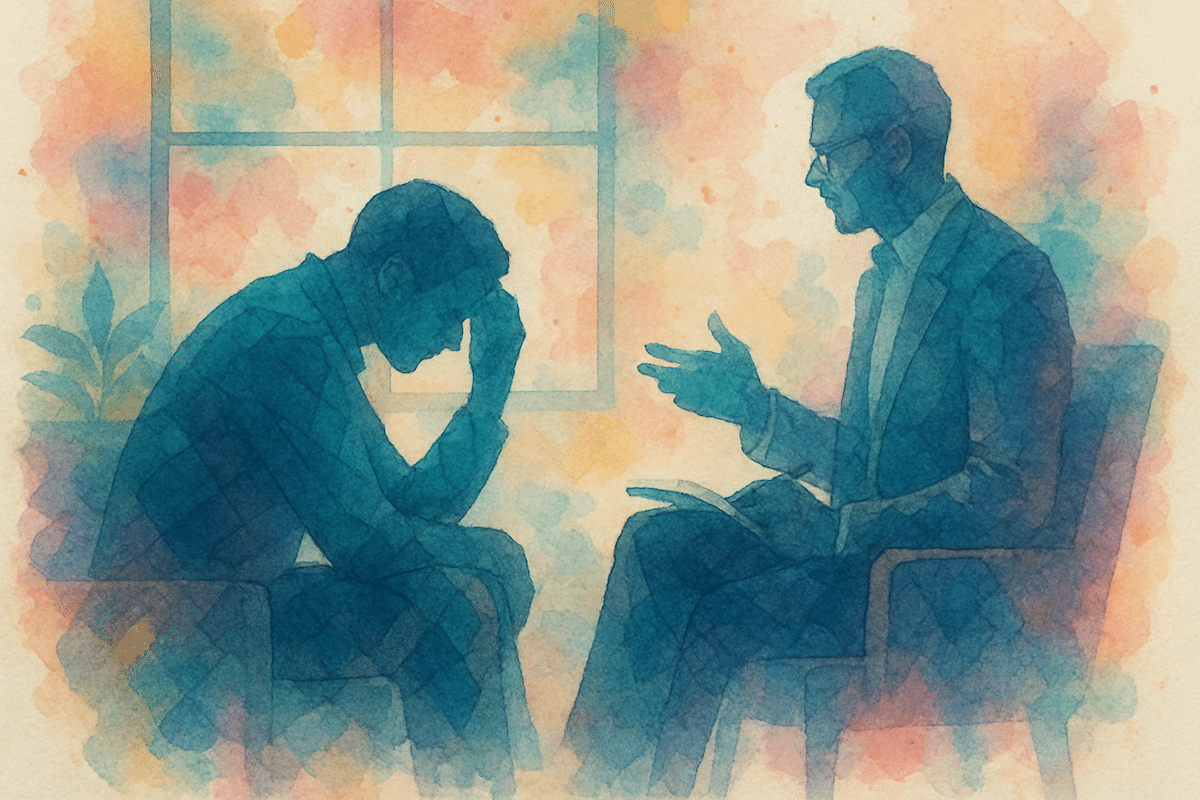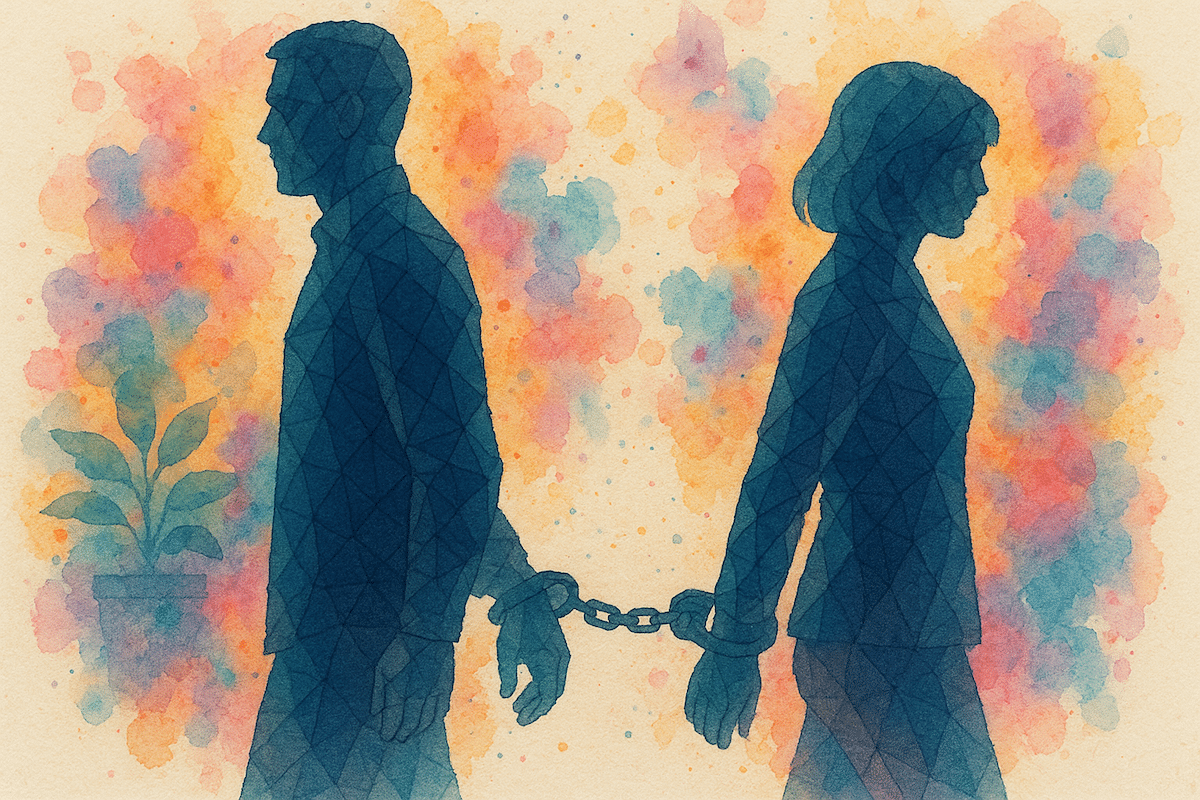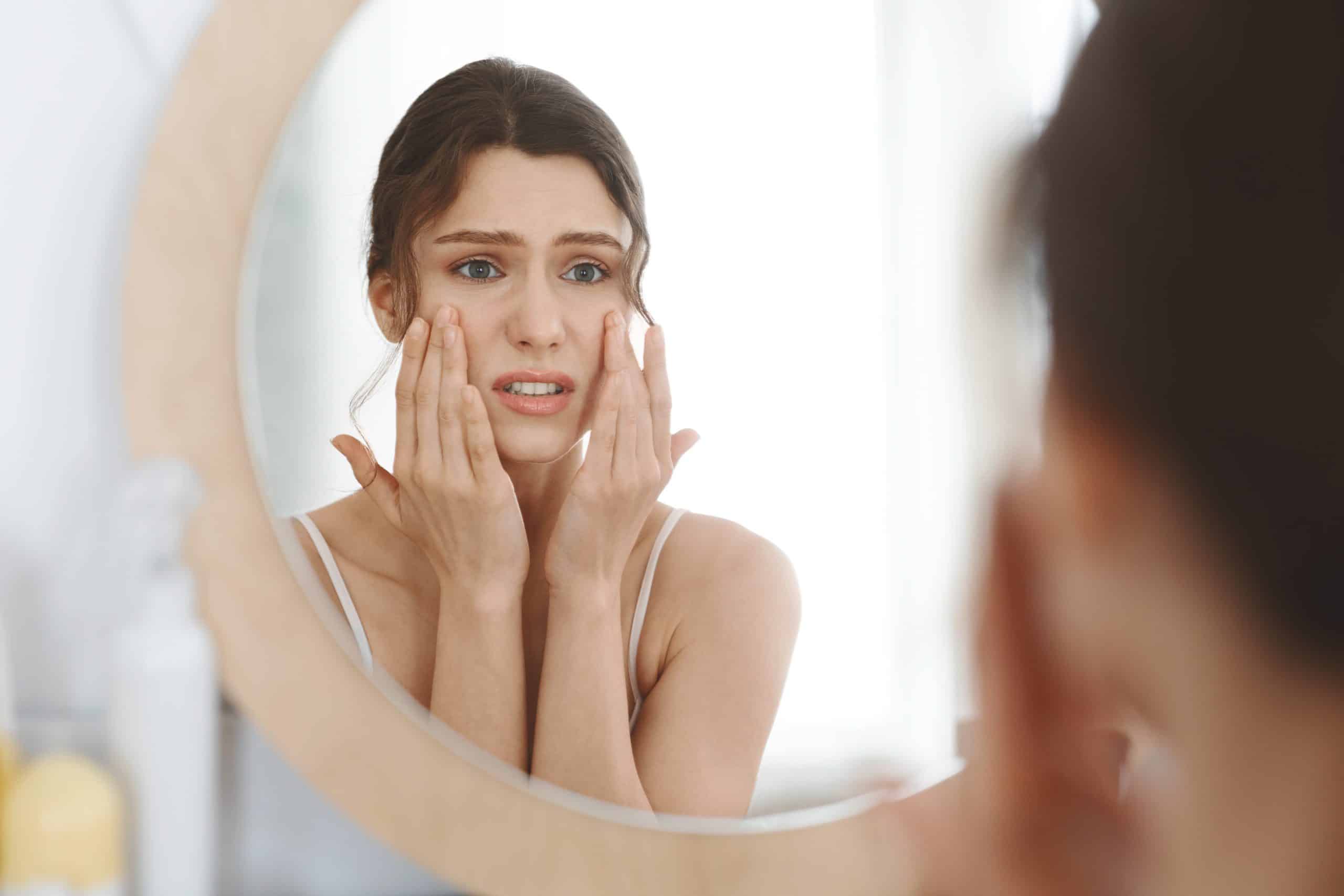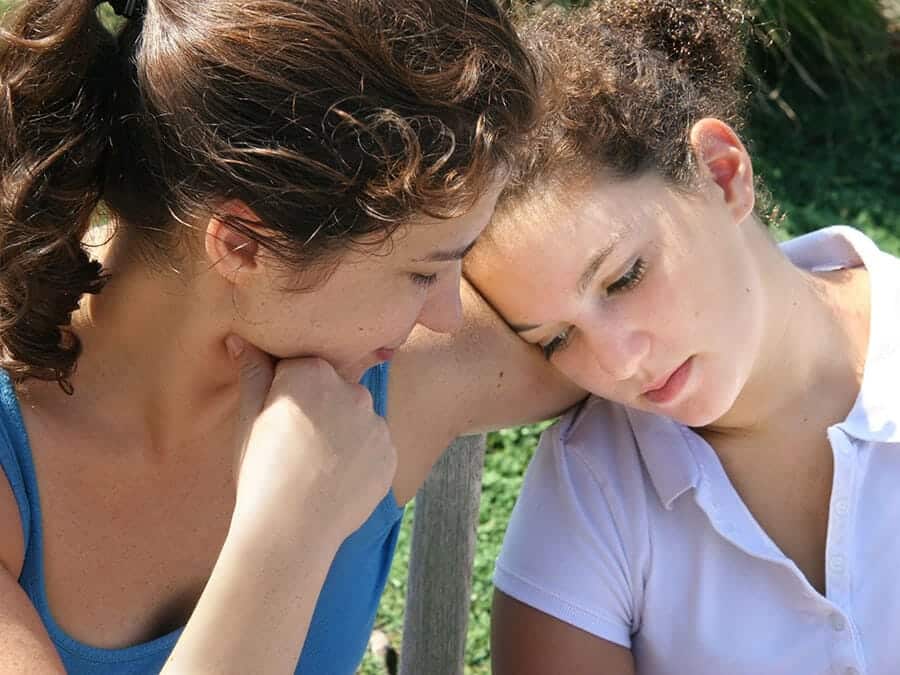Depression, clinically referred to as Major Depressive Disorder (MDD), is one of the most common and debilitating mental health conditions in the world. Affecting more than 280 million people globally, depression goes beyond occasional sadness or “feeling down.” It can impact every aspect of an individual’s life, from their thoughts and feelings to their sleep patterns, eating habits, and interactions with others.
It can also be hard to spot, both in yourself and in your loved ones — especially if you don’t have a thorough understanding of the various ways depression can manifest.
Let’s explore some of the most common signs of depression, as well as some lesser-known or frequently overlooked symptoms.
What is Depression?
Depression is a mood disorder characterized by persistent feelings of sadness, hopelessness, and a lack of interest or pleasure in most activities. Unlike normal grief or emotional responses to life’s struggles, depression persists for weeks or months and significantly interferes with daily functioning.
It’s not a sign of weakness or a flaw in character. Depression is a medical condition with biological, psychological, and social components. It affects individuals of all genders, ages, and backgrounds.
How Depression Is Defined in the DSM-5
The DSM-5, published by the American Psychiatric Association, provides the standardized criteria used by clinicians to diagnose mental health disorders (in the US and many other parts of the world). According to the DSM-5, a diagnosis of Major Depressive Disorder requires the presence of at least five of the following symptoms, during the same two-week period, and at least one of the symptoms must be either (1) depressed mood or (2) loss of interest or pleasure (anhedonia).
DSM-5 Criteria: Symptoms of Depression
- Depressed mood most of the day, nearly every day (can be observed by others or self-reported)
- Markedly diminished interest or pleasure in almost all activities for most of the day
- Significant weight loss or gain, or a decrease or increase in appetite
- Insomnia or hypersomnia (sleeping too much) nearly every day
- Restlessness or slowed-down movement or speech, observable by others
- Fatigue or loss of energy nearly every day
- Feelings of worthlessness or excessive guilt
- Diminished ability to think or concentrate, or indecisiveness
- Recurrent thoughts of death, suicidal ideation, or a suicide attempt or plan
These symptoms must be severe enough to significantly interfere with your daily life — such as your relationships, work, or school. And it’s also important that they’re not just side effects of medication, drugs, or another medical issue.
Overlooked or Misunderstood Symptoms of Depression
Depression doesn’t look the same for everyone; it’s a deeply personal experience that can show up in lots of different ways. Some symptoms, particularly those that are not overtly emotional or behavioral, may be overlooked, misdiagnosed, or misunderstood.
1. Irritability or Anger (especially in men + adolescents)
Instead of sadness, some individuals — particularly men and adolescents — may appear easily annoyed, short-tempered, or even aggressive. It’s easy to misread this as a behavior problem when it may actually be depression manifesting in a different way (Thapar et al., 2012).
2. Physical Pain or Unexplained Aches
Depression can show up in the body just as much as the mind. Headaches, stomach issues, and back pain are all common. This is especially true for older adults or those in cultures where it’s less common to discuss emotions openly (Bair et al., 2003).
3. Cognitive Changes
Individuals with depression often report struggling to focus, remember things, or make decisions. Sometimes, this can even look like early dementia, especially in older adults (Butters et al., 2004).
4. Changes in Motor Activity
Depression is often associated with fatigue, low energy, and slowed thinking. But for some individuals, it presents with the opposite — increased motor activity. This can include physical restlessness, fidgeting, pacing, or unusually fast talking or movement. These symptoms fall under what clinicians refer to as psychomotor agitation, a lesser-known but clinically significant sign of depression.
5. Sleep Disturbances
Not everyone with depression has insomnia. Some individuals actually sleep far more than usual, yet still wake up feeling tired. Unfortunately, these symptoms can be misjudged as laziness or a sleep disorder rather than a sign of a depressive disorder.
6. Substance Use
It’s not uncommon for individuals with depression to turn to alcohol, cannabis, or other substances as a way to cope with the pain. In fact, depression and substance use often go hand-in-hand, making both harder to treat (Conway et al., 2006).
How Depression Can Affect Your Whole Life
When left untreated, depression can seep into every part of your life. It can make it hard to get out of bed, connect with others, or find joy in even the smallest things.
- Your work or school performance may suffer.
- You may withdraw from friends and family, and it may become more difficult to maintain relationships.
- Your physical health can suffer due to changes in eating, sleeping, or activity levels.
- The most serious risk of all — suicidal ideation. Depression is one of the leading causes of suicide, which is a top cause of death for individuals between the ages of 10 and 34 in the US (CDC, 2023).

Cedar Creek Residential Treatment
Warminster, PA
Depression often overlaps with other mental health conditions. Anxiety disorders, bipolar disorder, PTSD, and borderline personality disorder all frequently co-occur with depression (Kessler et al., 2003). These combinations can exacerbate symptoms and make them more difficult to treat. Depression also fuels unhealthy coping patterns, like disordered eating, isolation, or self-harm.
Treatment for Depression at STR Behavioral Health
At STR Behavioral Health, we believe that with the proper support, treatment strategy, and environment, everyone has the ability to take back their lives from the grip of depression.
Our programs meet you wherever you are — whether you’re just starting to recognize your symptoms, feeling stuck in the depths of depression, or returning to treatment after a setback.
We offer a range of evidence-based treatment approaches that are customized for each individual, including:
- Cognitive behavioral therapy, or CBT, is a practical, short-term form of talk therapy that helps individuals understand how their thoughts, feelings, and actions are interconnected. The goal is to identify negative or unhelpful thinking patterns, learn strategies to challenge them, and cultivate healthier ways of thinking.
- Medication management — including selective serotonin reuptake inhibitors (SSRIs) and serotonin-norepinephrine reuptake inhibitors (SNRIs) — can help rebalance brain chemistry and ease symptoms associated with depression. For many, antidepressants (when combined with therapy) can provide the stability needed to start healing.
- Family therapy helps loved ones understand depression, improve communication, and support healing together. It creates a safe space to address conflict, rebuild trust, and strengthen relationships, key factors that can influence recovery and prevent setbacks.
- Holistic treatment methods like yoga, nutrition, mindfulness, and creative therapies support the whole person, not just the symptoms of depression. When combined with clinical care, holistic approaches help individuals reconnect with their bodies, emotions, and personal strengths, providing powerful tools for long-term healing.
We recognize that recovery isn’t a one-size-fits-all process. That’s why our clinical teams develop individualized treatment plans that are adaptable, inclusive, and always grounded in respect for your unique story and goals.
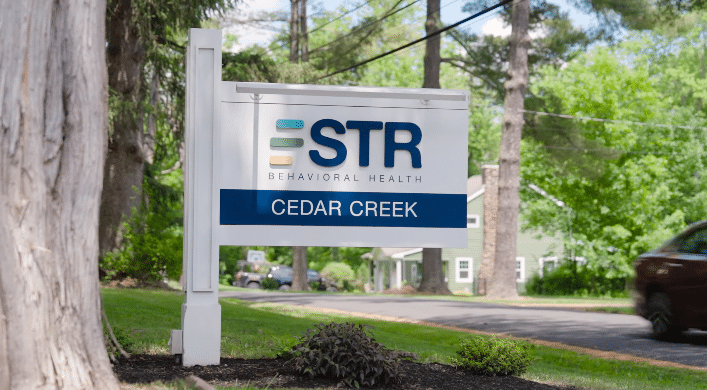
Cedar Creek
Residential Treatment for Mental Health Disorders in Pennsylvania
We provide residential mental health treatment for adults (18+) of all genders, in a safe and compassionate environment.
Watch the video to learn more.
Compassionate Care, Grounded in Hope
Depression is a medical condition — not a character flaw, not a personal weakness, and certainly not something you should be expected to “just get over.” At STR Behavioral Health, we treat it with the clinical seriousness it deserves and the human compassion it requires.
Understanding the diverse ways depression shows up and affects our lives is key to helping people feel seen, supported, and empowered. By providing care that’s evidence-based and person-centered, we help individuals reconnect with their sense of purpose.
If you or someone you care about is struggling with depression, now is the time to reach out. Our team is here to listen, answer your questions, and support you on your journey toward recovery.
Reach out to our admissions team today to start your journey toward healing.
References
- American Psychiatric Association. (2013). Diagnostic and Statistical Manual of Mental Disorders (5th ed.).
- Bair, M.J., et al. (2003). Depression and pain comorbidity. Arch Intern Med, 163(20): 2433–2445.
- Butters, M.A., et al. (2004). The nature and determinants of neuropsychological functioning in late-life depression. Arch Gen Psychiatry, 61(6): 587–595.
- CDC (2023). Web-based Injury Statistics Query and Reporting System (WISQARS).
- Conway, K.P., et al. (2006). Co-occurrence of major depressive and substance use disorders. Addict Behav, 31(7): 1295–1307.
- Cuijpers, P., et al. (2016). The efficacy of psychotherapy and pharmacotherapy for adult depression. World Psychiatry, 15(3): 245–258.
- Kessler, R.C., et al. (2003). The epidemiology of major depressive disorder. JAMA, 289(23): 3095–3105.
- Thapar, A., et al. (2012). Depression in adolescence. Lancet, 379(9820): 1056–1067.
- UK ECT Review Group. (2003). Efficacy and safety of electroconvulsive therapy in depressive disorders. Lancet, 361(9360): 799–808.
Contact Us
Take the first step toward recovery today. Call now to connect with a compassionate team member who will answer your questions and guide you through the admissions process.
Prefer we reach out to you? Complete our contact form, and we’ll be in touch soon.
Admissions
